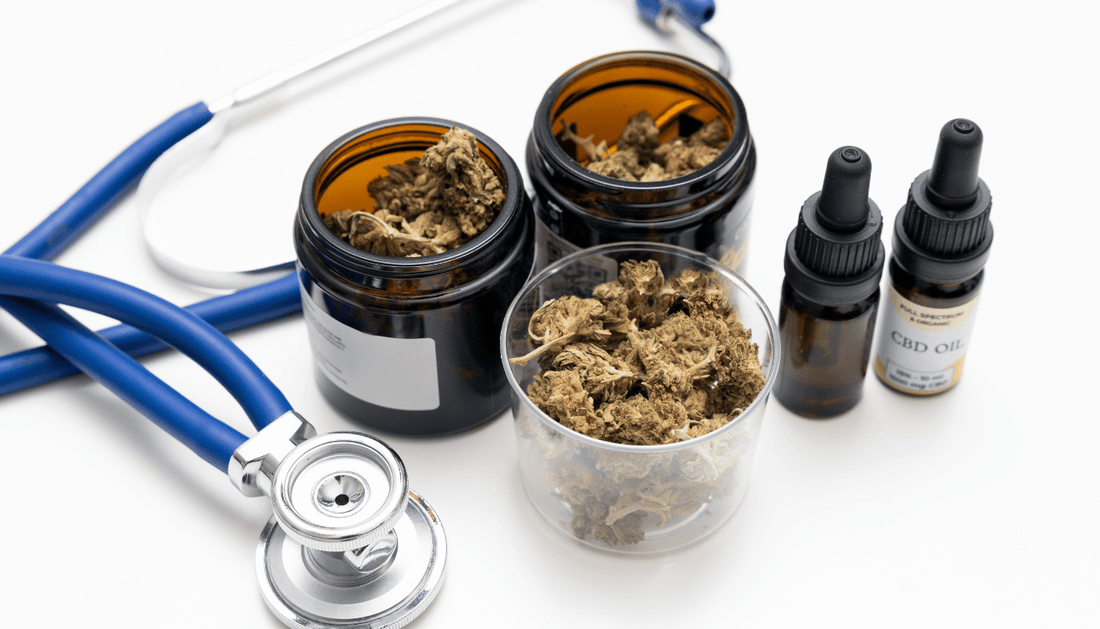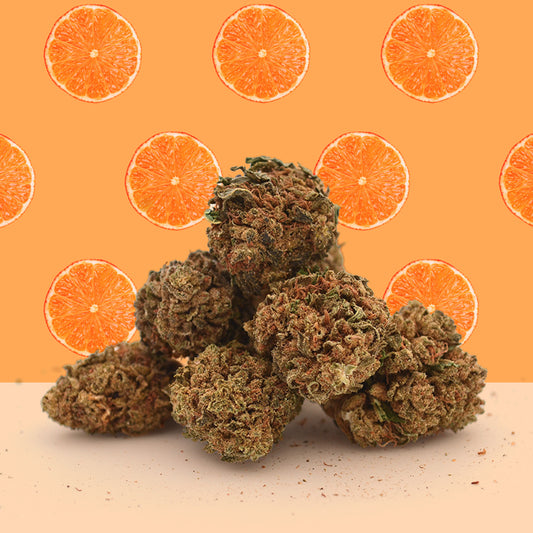CBD is a natural molecule, but like all substances, it's important to take certain precautions. Indeed, cannabidiol cannabidiol may interact with certain medications. This can be dangerous in some cases, as it cancels out the intended effects of the treatment. So Mama explains it all in this article.
How does CBD interact with medicines?
Our body is an assembly of connections and molecules that interact together to constitutehomeostasis. This is the body's natural regulatory process for controlling various constants in the body: temperature, inflammation, nutrition, blood flow and everything else needed for good health.
Although our ancestors used to treat themselves with plants, scientific advances now enable us to relieve our ailments with medicines, and to supplement with food supplements when necessary.
Certain treatments are necessary to maintain constant homeostasis in the most severely affected individuals. For example, insulin for diabetes or anticoagulants to reduce the risk of vascular accidents.
But the problem remains the same: when it comes to molecules, it's essential to remain vigilant and control intake.. You need to be able to check the compatibility of CBD with any treatment you may be undergoing.
In fact, cannabidiol cannabidiol can cancel out or enhance the expected effects of a drug. Today, many doctors are attaching greater importance to CBD-enhanced well-being, and don't hesitate to offer it to their patients.
CBD is nonetheless for many people, even those on medication.even under treatment. In-depth monitoring would therefore be appropriate.
Medications to watch out for when taking CBD
Mama would like to give you all the information you need to help you find the ideal solution to relieve your pain. Each case is different, whether it involves medication or natural solutions. However, I would advise you to consult a health specialist who is open to natural solutions.
Studies have found disagreements between CBD and certain drugs. Mama is not a doctor and the information is based solely on extensive research.
Corticosteroids are prescribed to relieve a wide range of illnesses and reduce inflammation. They may relieve chronic conditions such as asthma, arthritis, lupus, ulcerative colitis, psoriasis, Crohn's disease and many others. Studies have shown that CBD may increase the side effects of this medication.
Antihistamines and CBD could create greater drowsiness and cognitive impairment. Let's just say this is already the case with some anti-allergenic drugs. CBD may not be entirely responsible for these side effects.
CBD and anticoagulants do not mix well. increased monitoring could reveal this claim.
One study indicates that CBD interacts negatively with the anti-diabetic metformin. It is also contraindicated in cases of severe hepatic or renal insufficiency.
Precautions when taking CBD with other medications
Mama has listed a good number of cases to consider before consuming CBD. But this finding needs to be qualified, as there are still too few studies to draw any hasty conclusions.
With a large number of consumers worldwide, CBD has yet to reveal any extreme cases. If serious interactions existed with common drugs, they would have been brought to the attention of the medical community long ago. However, it is advisable to seek medical advice and to not to consume CBD without medical supervision for the most serious cases.
Since most interactions take place in the liver, it is advisable not to consume CBD orally at the same time as medication. Some specialists advise waiting 45 minutes before ingesting CBD in oil, candy or herbal tea.
In all cases, Mama advises you to take your doctor's advice and approval into account. And above all, listen to your body, analyze your reactions and feelings. You can test the first doses at home and observe how they feel. Then carry out a thorough follow-up if you choose to combine CBD and medication.


![Trim CBD 🧉 [Greenhouse]](http://mamakana.com/cdn/shop/files/TrimCBD_1_62bc19c6-8b2f-416e-aa10-70da357ae351.jpg?v=1720017738&width=533)



![Banana Cream CBG 🍌 [Greenhouse]](http://mamakana.com/cdn/shop/files/banana.jpg?v=1683038126&width=533)



